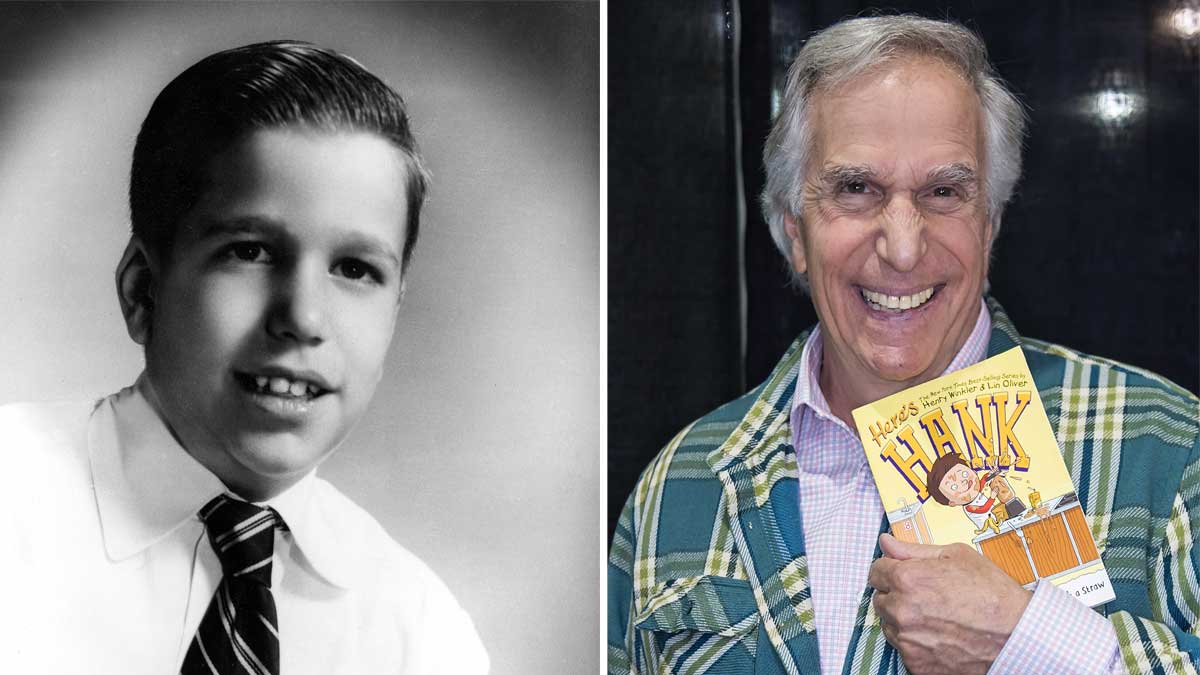Henry Winkler’s path to success wasn’t smooth—it was paved with personal struggles, emotional setbacks, and a lifelong battle with a learning difference he didn’t understand until adulthood.
As a child, Winkler found school to be an overwhelming challenge. No matter how hard he tried, he couldn’t seem to meet the expectations set by his parents, who placed a high value on academic achievement. Raised by strict German immigrants, he was often labeled as lazy or unintelligent. Their constant criticisms, while rooted in their cultural beliefs about education, left lasting scars.
“They truly believed I just wasn’t trying,” Winkler recalled in a conversation with The Yale Center for Dyslexia & Creativity. “I was told I wasn’t living up to my potential. I was punished, grounded, and excluded from activities. But I was trying—so hard.”
Despite his academic difficulties, Winkler was determined to push forward. Even with repeated discouragement at home and school, he kept going, eventually earning a Master of Fine Arts from Yale University. But the challenges didn’t end there.
In his early career, reading scripts remained a daunting task. “I had to find ways to work around my limitations,” Winkler explained. “I memorized lines quickly, improvised when needed, and just gave every performance my all. Sometimes it worked, sometimes it didn’t—but I never stopped trying.”
When he landed the iconic role of Arthur “Fonzie” Fonzarelli on Happy Days, many assumed his success came easy. But behind the scenes, Winkler continued to battle self-doubt during script readings, often stumbling over lines in front of the cast and crew. “It was embarrassing,” he admitted. “But once the script was in my head, I could deliver it with confidence.”
It wasn’t until his stepson began showing signs of a learning difficulty that Winkler first considered he might be dealing with something similar. At 31, he was officially diagnosed with dyslexia—a revelation that both frustrated and liberated him.
“I remember thinking, ‘So this has a name? All these years of being punished and put down—for something I couldn’t control?’” he said. “It made me angry. But it also helped me understand myself.”
That understanding fueled a new mission. Winkler turned his personal challenge into a platform to empower others, especially children. He co-authored a best-selling children’s book series about a young boy named Hank Zipzer, who, like him, has dyslexia. The stories aim to help kids feel seen and understood—something Winkler never experienced in his youth.
“I answer every letter I get from children who relate to Hank,” he said. “And I always remind them: your learning difference doesn’t define your future. Only you can decide how far you go.”
Today, Winkler is celebrated not only for his decades-long career in film and television but also for his heartfelt work as an author and advocate. His memoir, set for release in 2024, promises to delve even deeper into his extraordinary life.
And yet, for all the awards and accolades, Winkler holds one accomplishment above the rest.
“Outside of my family,” he said, “the proudest thing I’ve ever done is write those books. Because they’re helping kids believe in themselves.”
Henry Winkler’s story is more than one of fame. It’s a powerful reminder that even the deepest struggles can become stepping stones to a meaningful and impactful life. And perhaps, the most important thing he’s proven is this: with perseverance, compassion, and a bit of humor, we can overcome even the challenges we don’t yet understand.
